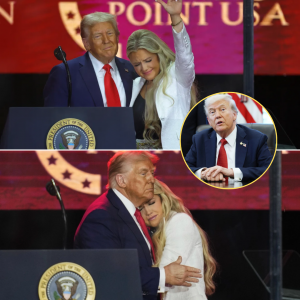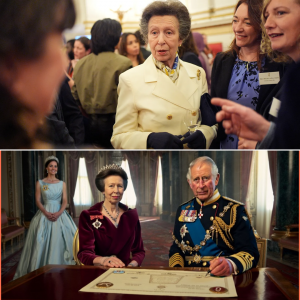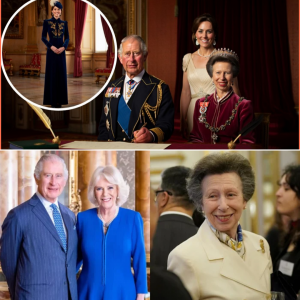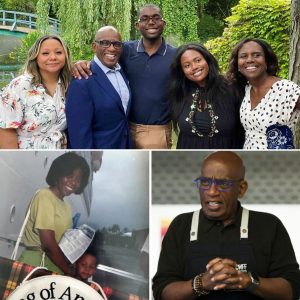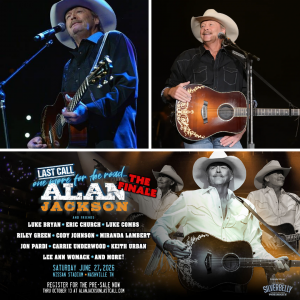Dolly Parton is among a rare handful of artists who have managed to stay in the general public’s good graces over their decades-long career, regardless of genre or era. The de facto Queen of Appalachia is a beloved public figure not only for her prolific songwriting career but also her acting roles, philanthropy work, and general attitude and ethos.

Unsurprisingly, people have been asking Parton what her secret to success is ever since she burst onto the scene as Porter Wagoner’s “singing girl” in the 1960s. In 1999, she made a comparison that’s laughable at first. But give it a second thought, and it makes perfect sense as an explanation for her enduring stint in the public eye.
Dolly Parton Compared Herself to Mickey Mouse
Multi-hyphenate icon Dolly Parton has amassed an impressive fan following over her decades-long career, which seems to defy age, gender identity, socioeconomic background, musical genres, and time itself. Her ability to speak and appeal to all kinds of people is even more impressive when one considers her childhood in the Appalachian foothills of East Tennessee, a state not particularly famous for its inclusivity. She addressed this apparent paradox during a November 1999 interview with the New York Times.
While Parton said she would “like to think it’s my talent,” the singer-songwriter said she believed the main reason so many people like her is because she’s a character, almost like Mickey Mouse. “Like a cartoon,” she explained. “Little kids and older people kind of think I’m a toy, a plaything that they can be close to. People feel that I’m not afraid to be who I am, therefore they can be comfortable being who they are in my presence. I’ve always accepted people as they are, and I think the oddwads of the world know that.”
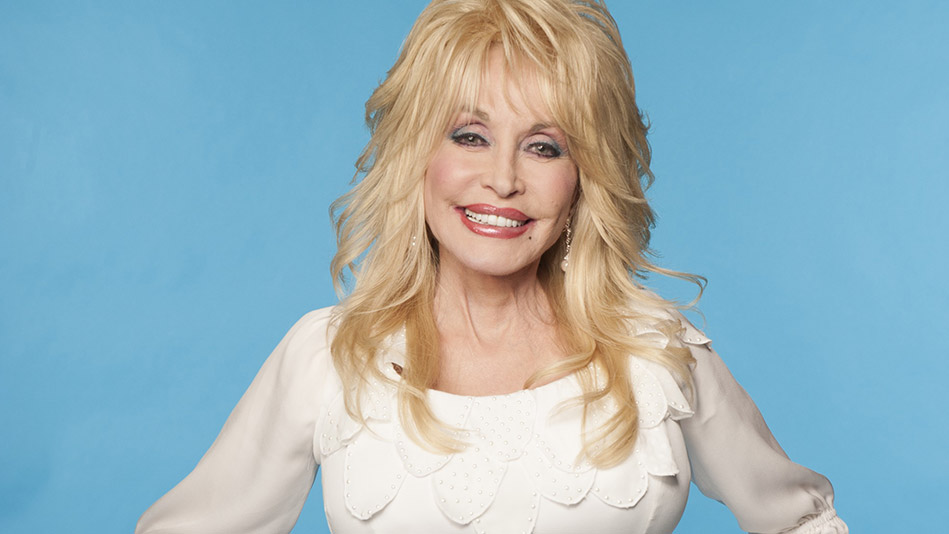
The “Jolene” singer also attributed her amicable nature to living in the deeply rural hollers of Sevier County. “When someone would make their way back there, we were so excited to see someone new that we didn’t ever want them to leave,” Dolly Parton said of her childhood home, “we had big hearts and big mouths, and I had big dreams; I just kind of put it all together and made a big career out of it. It’s not a fake. If I have some kind of magic with people, I think it’s the fact that I look totally artificial but I’m totally real. Somewhere in between, that is the thing that people respond to.”

